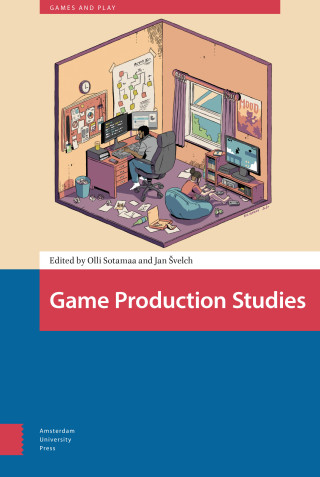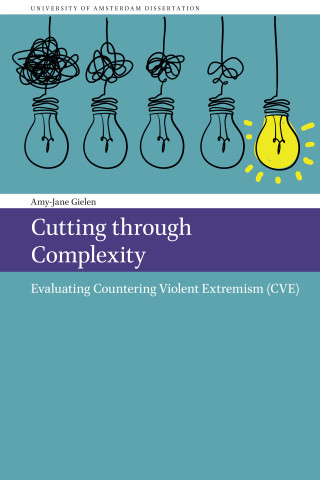“This book provides startling new directions in midwifery and feminist scholarship and establishes Rodante van der Waal as a leading scholar in critical midwifery studies. Its central focus, obstetric violence – a current urgent concern in maternity care – is meticulously examined beyond the confines of the maternity sector and linked to the institutional violence inherent within the biopolitics of the modern state. Resistance to this violence is positioned not as an emancipatory struggle for legitimacy, but as a reimagination of reproduction and reproductive justice to-come, through the adoption of abolitionist radical care. Relationality – as a disruptive practice of care, and midwifery – by its commitment to relationality, are identified as philosophical and practical contributions to reproductive justice, while also destabilizing the grounds of midwifery idealism and essentialism. Rigorously argued, and drawing on a wealth of interdisciplinarities, the valuable and transformative perceptions contained in Birth Justice will speak strongly to academic readers, activists, care professionals, and health care policy makers. It is a call to arms, in the most profound sense – to the arms of care, of community, of justice.”
– Elizabeth Newnham, PhD, Associate Professor, Flinders University, author of Towards the Humanisation of Birth
“Birth Justice is a must-read book that defies disciplinary boundaries, inspires the imagination, and nourishes resistant thinking. In this carefully curated collection of articles, intermezzo interludes, symposia, and reflections, Rodante van der Waal deftly weaves together theoretical, personal, narrative, and creative modes of inquiry. Beautifully and attentively written, the end-result is a vibrant philosophical meditation on birth, abolitionist care, and the work of gestational justice. Deeply thought-provoking, honest, and humane – this book is intellectual nourishment.”
– Dr Rachelle Chadwick, Senior Lecturer in Gender-based Violence, University of Bristol, author of Bodies that Birth: Vitalizing Birth Politics
“The Netherlands was the last industrialized country to lose independent midwifery to obstetric control, to see birth turned into one more hospital procedure done ON not BY the mother. This brilliant, sad but true, book documents the consequences.”
– Barbara Katz Rothman, PhD, author of In Labor , of The Tentative Pregnancy and most recently, The Biomedical Empire (Stanford University Press)





